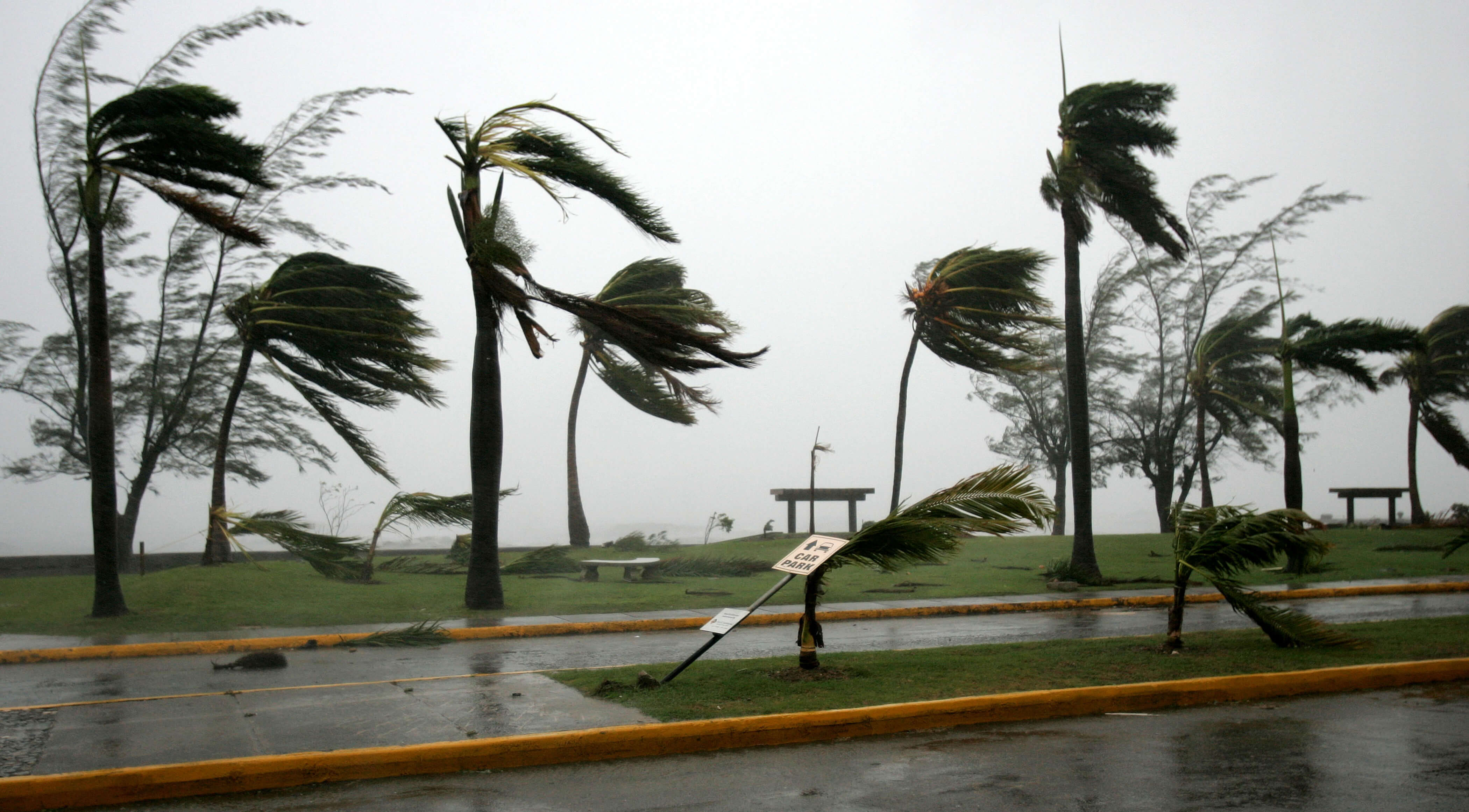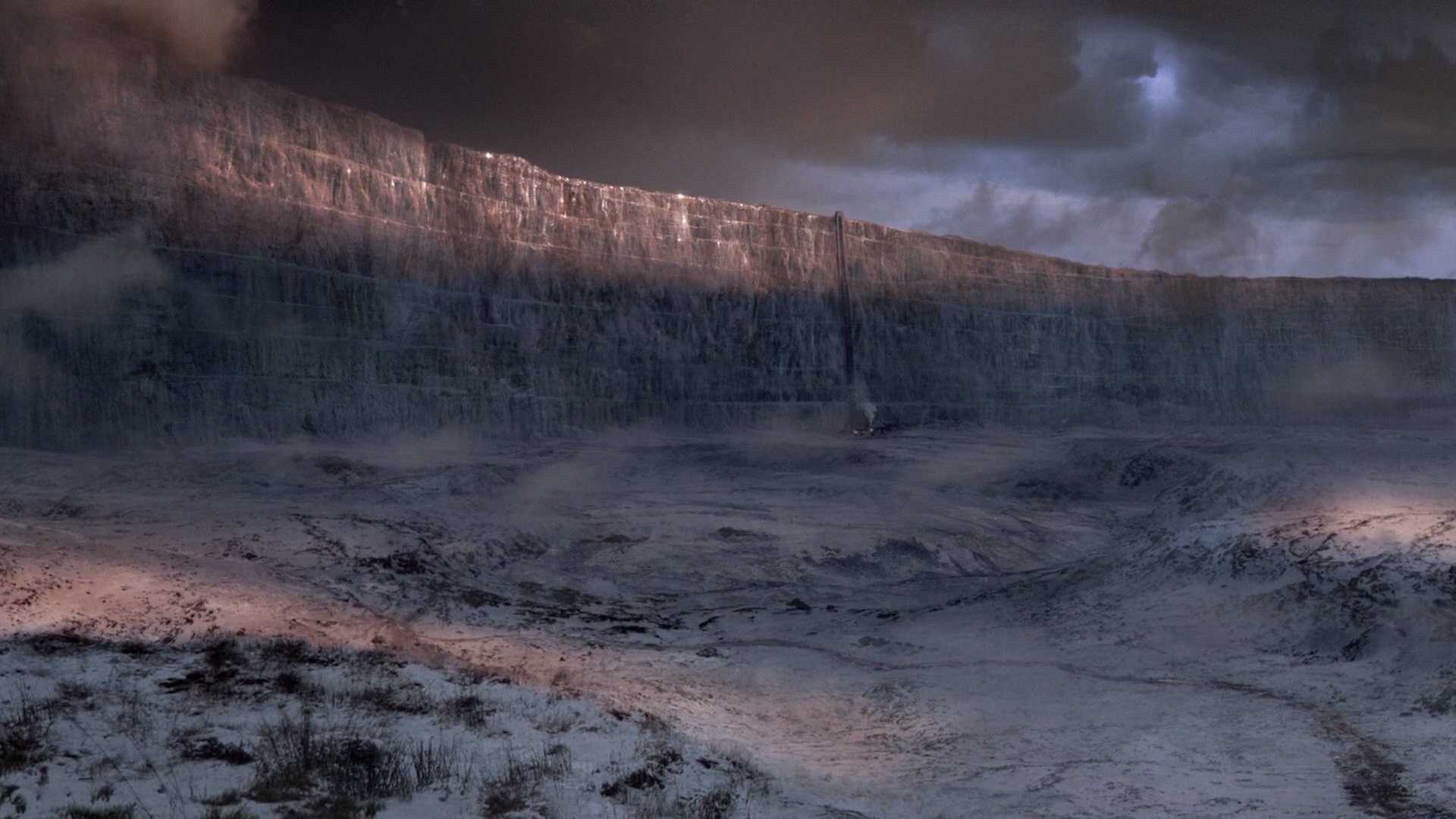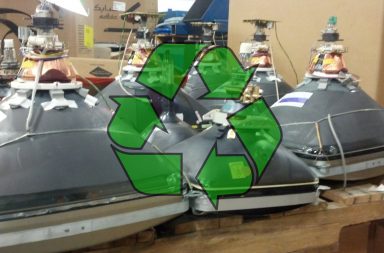Tips for getting through an East Coast winter
Having lived on both coasts, I can say I am thankful for the winters that I have spent in California. You practically don’t need to make any provisions for the cold at all. The lowest the temperature typically gets is in the forties – and that’s usually in the dead of night. I know people that don’t even own jackets! It’s a whole other world in New York, the other place I happen to spend a lot of time in throughout the year. And I’ll tell ya, you can’t go into winter nonchalantly there. You need to adjust. Sure, it sometimes means a small financial investment, but it is necessary. To any wintertime West Coast transplants to the East, I offer these tips:
Bundle up!
The first thing you must be sure to have is an adequate wardrobe. You won‘t be wandering to 7-11 in your shorts in December on the East Coast! You may even want to purchase thermal underwear that fits tightly to your body and is unobtrusive to other layers of clothing. It provides a great base for warmth. You will need neckwear, and you’ll do well for yourself to invest in flannels, ski gear, etc… you’re going to want waterproof boots, too, don’t get caught walking in the snow in your Nike’s (ever have a sock frozen to your skin?!) Earmuffs or hats that cover your head are essential, big wooly or knit scarves are good for warming the neck and chest, and of course you’ll need gloves for your hands – especially ones that are fur lined. Together they will keep the frostbite away! The more layers you wear, especially if they’re thick and furry, the warmer you can stay in the cold for longer periods of time. And one last word on winter clothing, whatever you do, don’t get it wet!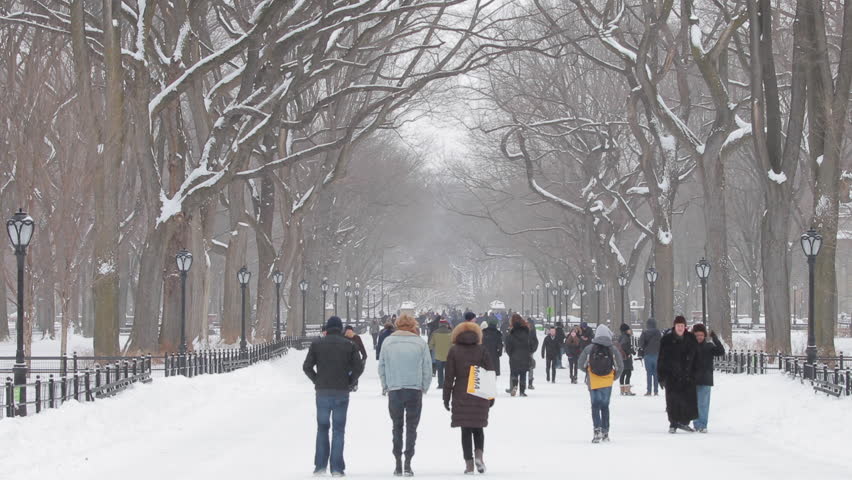
Be safe when shoveling!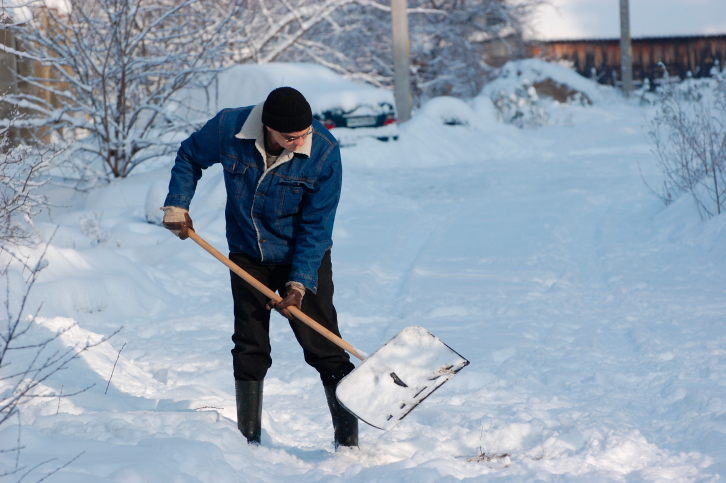
Especially if you’re from out of state you might not be aware that the seasonal ritual of snow shoveling (of sidewalks and driveways) results in thousands of injuries and nearly one hundred deaths annually. These accidents are not confined to those of the elder set, so be honest with yourself. If you are not in good health, you haven’t been physically active, or you’re not as young as you used to be, it might be in your best interest to refrain and pay a local kid $20 to do the shoveling for you. Snow blowers aren’t necessarily any safer. They are a heavy bit of machinery that needs some muscle to tame. I know many of us are stubborn, and are just going to do what we want any way, but at least check with your doctor to see if you are at risk. Plus, he can offer tips to make such physical tasks much easier on you.
Insulate!
You haven’t experienced drafts until you’ve experienced them in an old home in New York in the dead of winter! Stop them and lower your heating costs by ensuring that the roof, walls, windows and door frames are properly insulated. Keep your thermostat at a seventy two degree average during the day (perhaps a little higher if you have infants or very old adults in the home). You may cut costs a bit by dressing warmer inside and keeping a lower thermostat setting. Physical activity can also generate heat and keep you warm, so keep yourself busy with chores and find yourself scarcely affected by the cold. Don’t forget cozy and warm flannel pajamas and blankets for heated goodness during sleep time!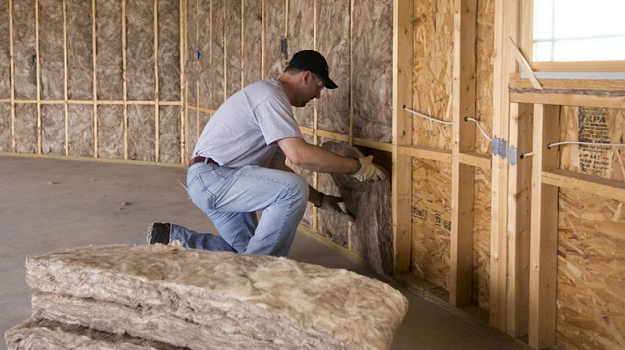
Avoid fires!
Most fire hazards that are inherent to wintertime are avoidable. That’s the good news. Even so, your home must be equipped with a smoke alarm and a carbon monoxide detector. NEVER use your oven for heating purposes (I don’t care what episode of the Simpsons you saw)! You can purchase a solid portable heater but be certain to use it properly. Space heaters are responsible for 40% of home fires (and a whopping 84% of related deaths). Select a model that automatically shuts off when tipped over, and use it only on non-flammable surfaces. Turn it off before going to bed. If you use a fireplace be certain it is protected with a well fitted screen that prevents stray embers or sparks from entering the room and igniting something. Also, your standard extension cords are often common culprits for house fires. If it is necessary that you use them be certain they are newer in good condition and free of any damage whatsoever. You CAN prevent fires, take the proper safety measures to protect your home, belongings and most importantly of all, your loved ones.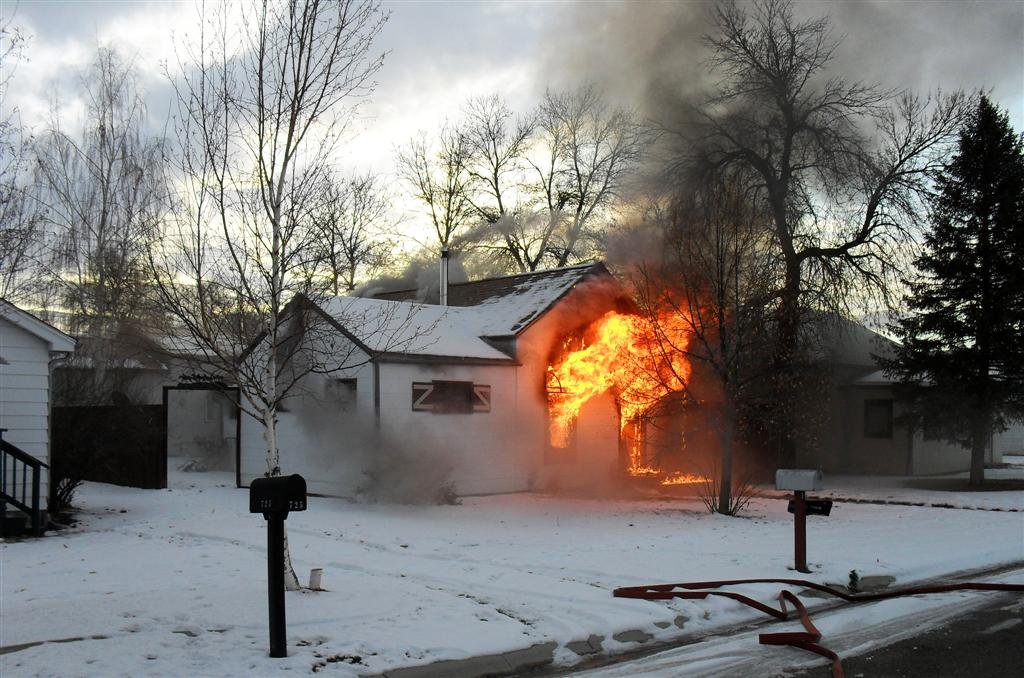
If you’ve never experienced temps below forty degrees you must prepare properly before moving to a colder climate. In New York the average winter temperature is 25°. That’s cold, but when you factor in wind chill factor, you could be hovering at a chill around ZERO degrees! It’s no joke, be certain you and your family are ready when taking on an East Coast winter!
